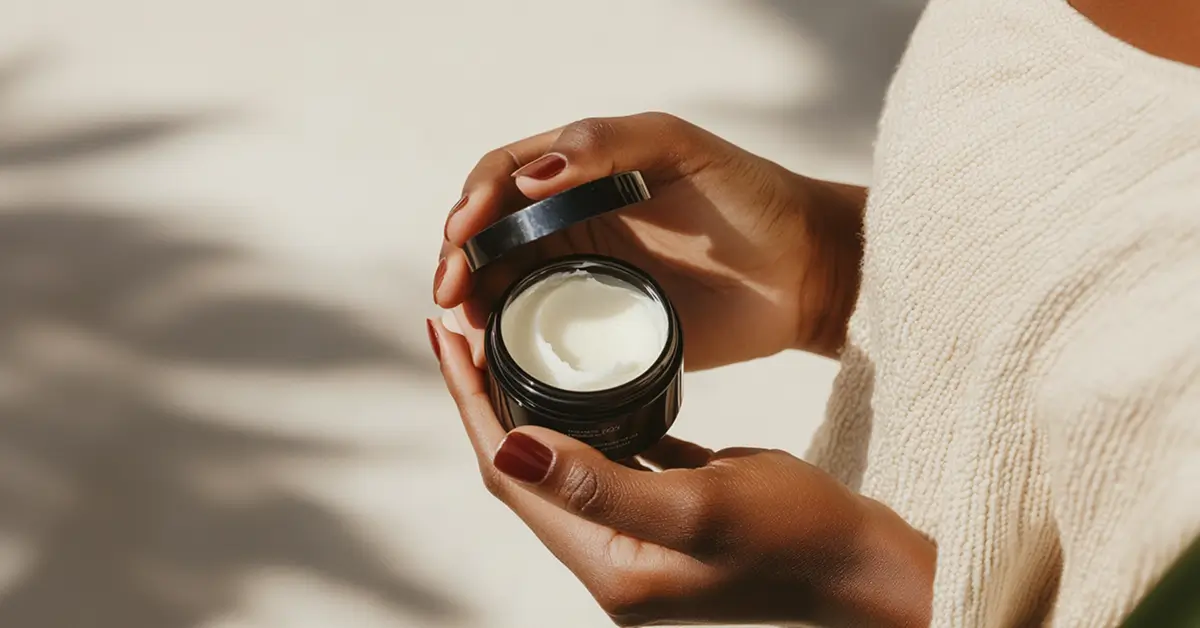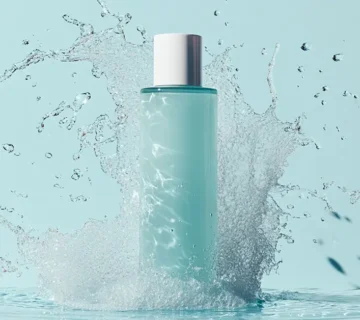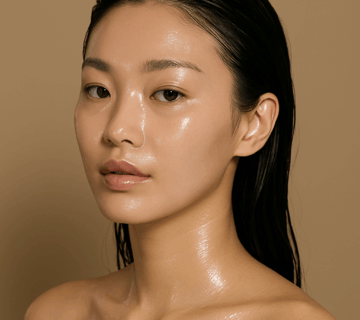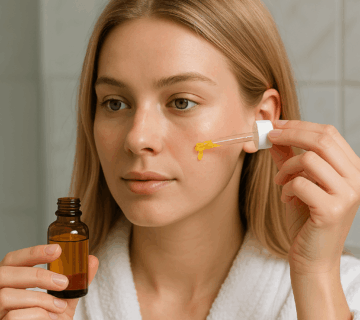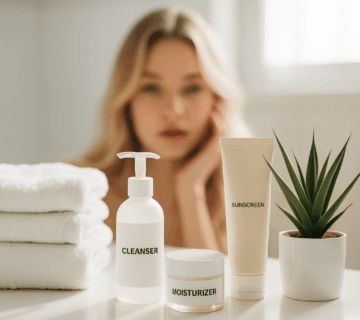Oily skin needs hydration just like any other skin type. The trick is finding a lightweight, non-comedogenic moisturiser that balances oil production without clogging pores or triggering breakouts. This guide reveals the best moisturiser for oily skin, especially for those with acne-prone or sensitive complexions, and explains the key ingredients to seek and skip for clearer, healthier skin.
Why Moisturising Oily Skin Is Essential
It’s a common misconception that oily skin doesn’t need moisture. Skipping moisturiser can backfire. When the skin becomes dehydrated, it compensates by producing even more oil. A good moisturiser helps regulate sebum, reinforces the skin barrier, and soothes inflammation, all without adding excess grease.
Ingredients to Look for in Oily Skin Moisturizers
Choosing the right ingredients is crucial. Here’s what to prioritize:
- Hyaluronic Acid: A humectant that draws water into the skin without making it oily.
- Niacinamide: Helps regulate oil production and soothe redness.
- Glycerin: A lightweight hydrator suitable for oily and sensitive skin.
- Salicylic Acid: Gently exfoliates and unclogs pores, ideal for acne-prone skin.
- Zinc PCA: Reduces sebum production and has antibacterial properties.
These ingredients hydrate without overwhelming your skin or clogging pores.
Ingredients to Avoid for Oily or Acne Prone Skin
Some ingredients may feel rich or luxurious, but can worsen oily skin or cause breakouts:
- Heavy oils: Like coconut oil, cocoa butter, and mineral oil often too greasy.
- Silicones (in excess): Ingredients like dimethicone can trap oil and bacteria if not properly removed.
- Alcohol denat: Common in “oil-free” products, but can strip and irritate sensitive skin.
- Fragrance: Both synthetic and natural fragrances can trigger reactions in sensitive skin types.
Always check for the label “non-comedogenic,” meaning the product is less likely to block pores.
Best Moisturiser for Oily Skin Or Acne Prone Skin
Here are the top dermatologist approved and user-loved moisturisers that fit the bill:
1. Neutrogena Hydro Boost Water Gel
- Why it works: Lightweight gel texture, powered by hyaluronic acid
- Good for: Oily and sensitive skin
- Fragrance-free version available: Ideal for reactive skin types
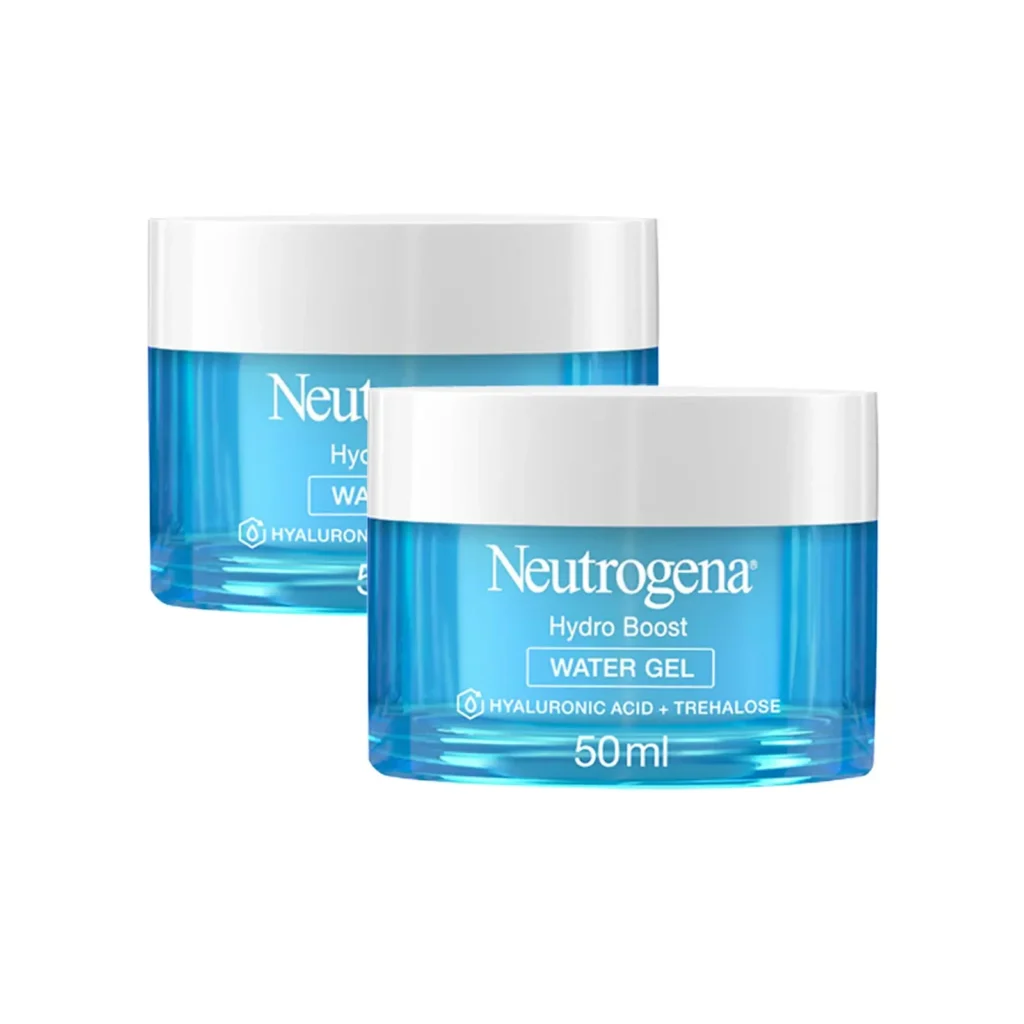
2. La Roche-Posay Effaclar Mat
- Why it works: Sebum reducing formula with mattifying agents
- Good for: Acne-prone, oily skin that needs a shine-free finish
3. CeraVe PM Facial Moisturizing Lotion
- Why it works: It contains niacinamide and ceramides to calm and restore skin.
- Good for: Oily skin with a damaged moisture barrier or irritation
4. Paula’s Choice Clear Oil Free Moisturiser
- Why it works: Targets acne with lightweight hydration and antioxidants
- Good for: Nighttime use on breakout-prone, sensitive skin
5. The Ordinary Natural Moisturizing Factors + HA
- Why it works: Budget-friendly, non-greasy hydration with hyaluronic acid
- Good for: All oily skin types, especially those on a budget
Application Tips for Oily Skin
- Use a pea-sized amount: More isn’t better, stick to the right amount.
- Apply on damp skin: Helps lock in moisture more effectively.
- Don’t skip sunscreen: Use an oil-free SPF moisturizer in the morning.
- Stick to a routine: Consistency helps improve long-term oil balance and clarity.
When to See a Dermatologist
If over-the-counter products aren’t helping or you’re experiencing painful, cystic acne, consult a dermatologist. Prescription treatments or medicated moisturizers may be necessary to treat underlying issues.
Lightweight, oil free, and non-comedogenic moisturisers are best. Gel or water based formulas hydrate the skin without clogging pores.
No. Even oily skin needs hydration. Skipping moisturiser can trigger the skin to produce even more oil, making the problem worse.
Check the label. Non-comedogenic means the product is specifically formulated not to block pores. These are ideal for oily or acne prone skin.
Gel moisturizers are usually better for oily skin. They absorb quickly, feel lighter, and reduce the greasy shine that heavy creams can cause.
Yes, the right moisturiser can balance oil production, soothe irritation, and strengthen the skin barrier, helping reduce breakouts over time.


